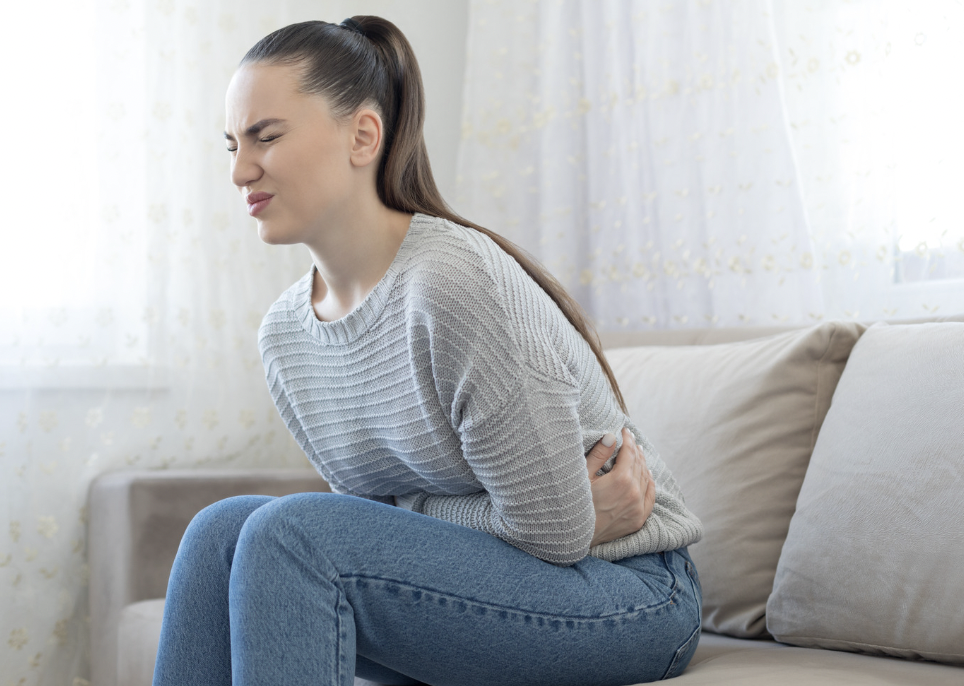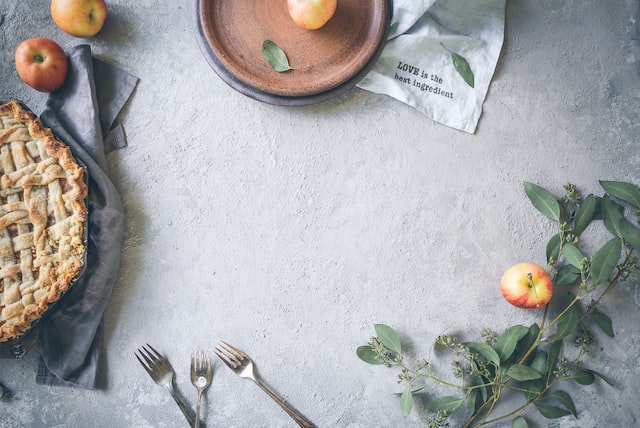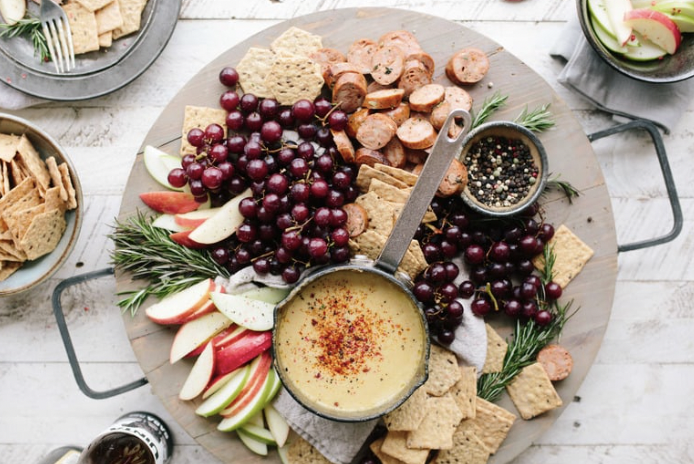
Eating for Your Menstrual Cycle
You probably know that food can affect the way you feel on a day to day basis, but did you ...
You probably know that food can affect the way you feel on a day to day basis, but did you know that it can also affect how you feel during your period? And throughout your entire menstrual cycle? The foods you eat and when you eat them can actually play a role in balancing your hormones and even potentially relieving some PMS symptoms!
Phases of the menstrual cycle
There are four phases of the menstrual cycle: mensuration, the follicular phase, ovulation and the luteal phase. Menstruation includes the days of your period, the follicular phase starts the day of menstruation and ends with ovulation, ovulation occurs mid cycle around two weeks before your next period, and the luteal phase is the time between ovulation and your period. Different hormones rise and fall during these time frames which is where your eating comes into play.
Eating during Menstruation
During blood loss, it is important to eat iron rich foods. Foods like spinach, red meat, liver, pumpkin seeds and quinoa all have iron in them. You will also want to eat foods rich in magnesium, think dark chocolate (yes, give into those chocolate cravings!), nuts, seeds and whole grains. Additionally, it may be good to eat some anti-inflammatory Omega 3s such as fatty fish and hemp seeds. Chamomile teas can also be a great diet addition during this time to soothe cramps and support sleep. Many women are deficient in orn, especially vegetarians or vegans or those with a heavy flow, so make sure to get your iron levels checked by your healthcare provider.
Eating during the Follicular Phase
In this phase estrogen levels start to rise and it becomes especially important to make sure your body is getting enough energy! Fuel your body with lots of nutritious whole foods, and don’t be afraid to eat your carbs. Complex carbs like oatmeal and whole wheat toast will give you that energy boost you need without the blood sugar spike. Also, foods that support estrogen metabolism such as cruciferous vegetables and soy products are a good idea.

Eating during Ovulation
Estrogen levels are at their highest during this phase which means you should eat foods to support your liver. Foods like fruits and vegetables that have lots of nutrients are recommended. If looking to conceive, it is especially smart to eat foods rich in fatty acids during this time as well as foods high in folate like leafy greens and fortified cereals! Folate has been found to be associated with higher fertilization rates!
Eating during the Luteal Phase
This phase is when you will typically experience PMS symptoms as it’s right before your period starts. Progesterone increases during this phase which can be responsible for a larger appetite and more cravings. This is a good time to cut down on foods high in salt as well as caffeinated drinks and alcohol as these can exacerbate PMS symptoms like bloating. Eat foods high in magnesium and calcium to help control water retention and to help keep anxiety and depression symptoms at bay. Foods that are nutrient dense and rich in vitamins like Vitamin B6 and B12 can also support energy levels and help mitigate PMS symptoms at this time.
As women our bodies do so many amazing things for us and the least we can do is fuel them in a way that is beneficial and supportive for our health and overall well being! Understanding your body and your hormone cycle is a form of self care that will have you feeling your best even during the time of the month you may dread the most. Enjoy that dark chocolate next menstrual cycle, you deserve it.
In general, we support a healthy lifestyle and balanced eating habits that fit your lifestyle. The most important thing to focus on is to eat a well balanced diet filled with variety, and if this article and eating specific nutrients during each phase overwhelms you, rewind and start with the basics: complex carbs, vegetables, lean proteins, healthy fats, and fruit.
Learn how to nourish your body properly for your period, schedule a discovery call with Alli here.
This article was written by Lindsey Moser, nutrition intern. Fact checked by Allison Tallman RD.

